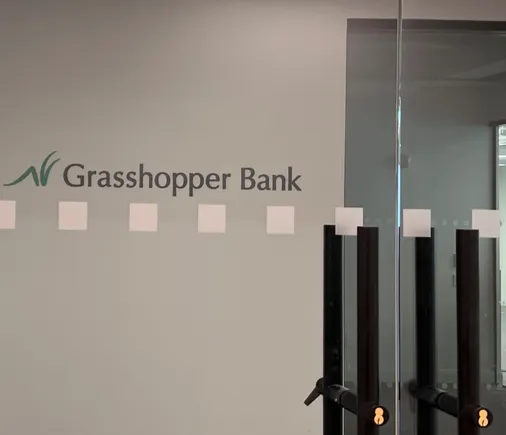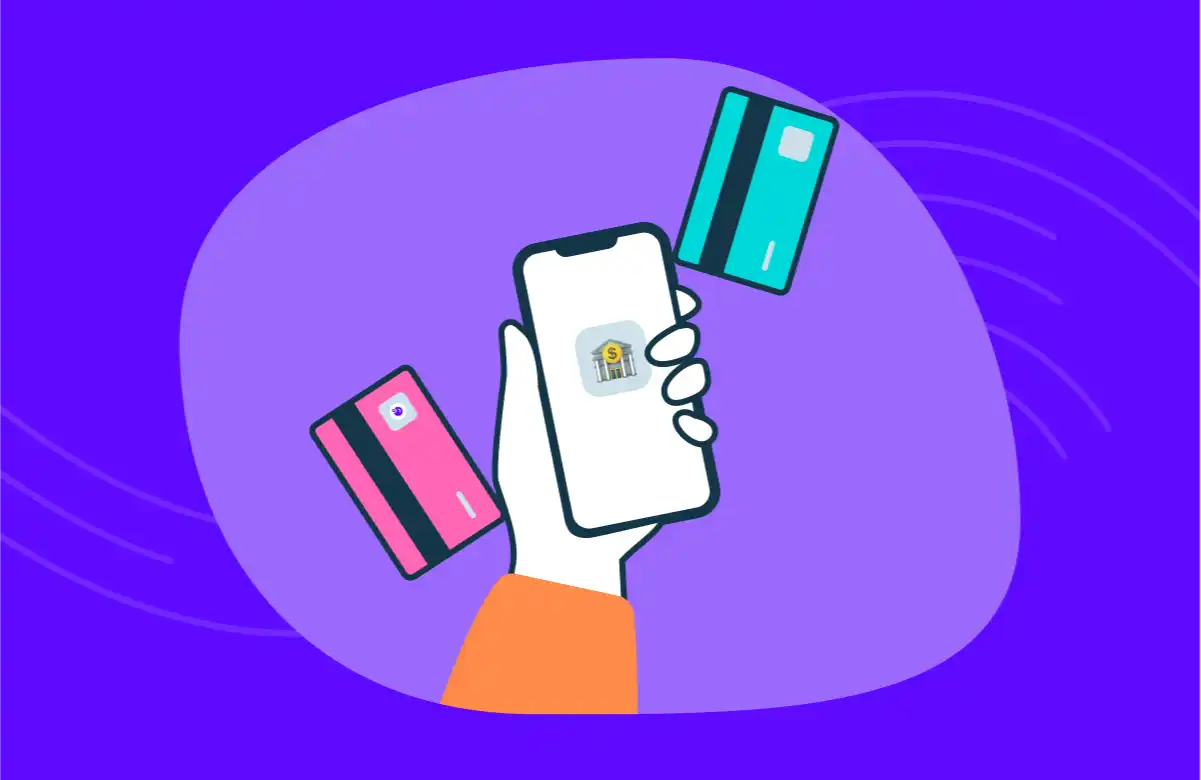Bank Al-Maghrib Issues Digital Banking Security Guide as Online Services Grow

Rabat — With the growing use of digital and online tools in bank services, like remote transactions, payments, and loan applications, Bank Al-Maghrib (BAM), Morocco’s central bank, has released a practical security guide to help customers protect themselves from the growing digital crimes.
Today’s banking customers can check balances, transfer money, and even apply for loans with just a few clicks on a computer or smartphone.
On the backdrop of the use of digital tools, Moroccan banks, like their counterparts worldwide, have expanded their digital offerings to meet customer demands for accessibility and convenience.
While this shift to digital banking gives users new autonomy — especially those in remote areas — and promotes financial inclusion, it also comes with vulnerabilities that prompt new responsibilities. The situation compels users to understand digital tools and how to avoid their potential deficiencies.
Bank Al-Maghrib’s guide warns about fake websites mimicking official banking platforms, phishing attempts via email or text messages, and scam calls from people pretending to be bank advisors.
These scams typically share one goal of stealing login credentials to gain unauthorized access to customers’ accounts. Even simple mistakes — clicking suspicious links or using unsecured public Wi-Fi — can compromise a bank account.
Strong security starts with protecting access credentials. The guide advises customers to create strong passwords that combine letters, numbers, and symbols, changing them regularly, and never sharing them or saving them on easily hacked devices.
Read also: Bank Al-Maghrib Cuts Key Interest Rate to 2.25% Amid Controlled Inflation
The central bank also brings to attention an often overlooked security risk, that of SIM cards. If stolen or hacked, fraudsters can easily access the bank account online using the two-factor authentication systems. Immediate blocking through both the telecom provider and the bank is essential if a compromise occurs.
For all online transactions, BAM’s guide recommends advanced authentication methods, including fingerprint recognition, facial recognition, or validation codes through secure apps. These offer significantly better bank accounts’ protection than passwords alone.
Vigilance remains the best defense. The report encourages users to adopt simple habits, like always verifying website addresses, logging out after each session, and regularly monitoring account activity.
When in doubt about calls or messages, the guide advises pausing any action and contacting the bank directly through official channels. Pressure tactics or too-good-to-be-true offers should raise immediate red flags.
BAM’s guide reflects Morocco’s central bank efforts to equip customers and users with tools they can utilize to protect their bank accounts, especially in the evolving digital banking landscape in the country.
link







